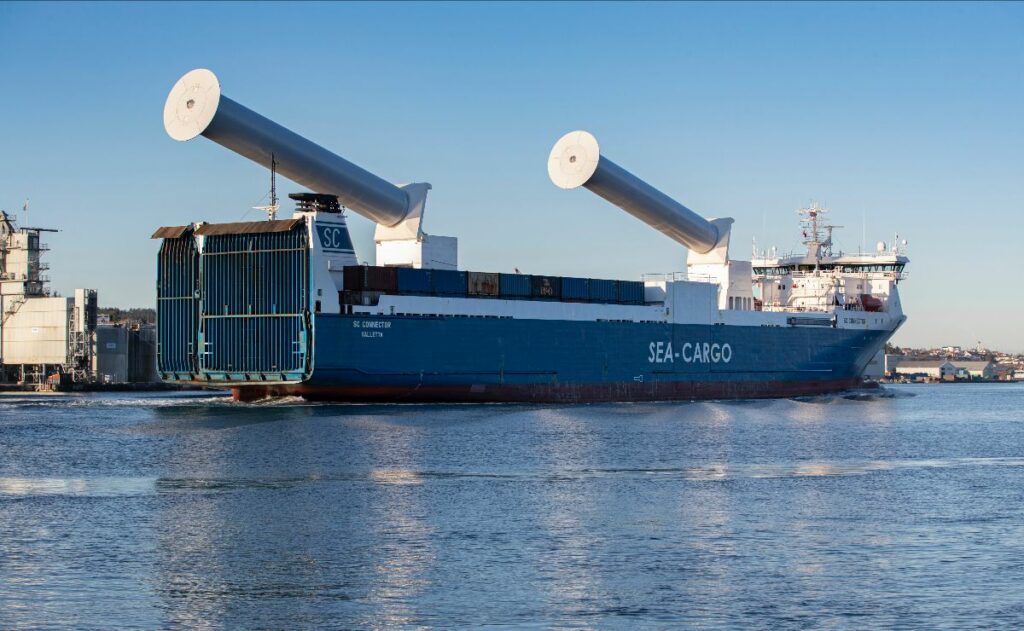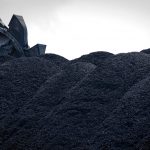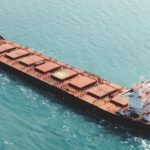Norsepower, a Finland-based provider of auxiliary wind propulsion systems, has successfully installed two 35-metre tall Rotor Sails for SEA-CARGO, a logistics provider in the North Sea market.
As explained, the installation heralds the world’s first tiltable Rotor Sail, showcasing that vessels that have to negotiate height restricted routes can benefit from this fuel and emissions-saving solution.
According to the analysis conducted by Norsepower and SEA-CARGO, the installation onboard the SC Connector, a 12,251 gross tonne sidedoor roll-on/roll-off (RoRo) vessel, can achieve a fuel consumption, fuel cost and carbon emissions reduction of up to 25%. In good wind conditions, the sailing vessel will maintain regular service speed by sail alone.
SC Connector, which sails between Western Norway, Denmark, the Netherlands and, also, Sweden and Poland, transits under multiple bridges and powerlines, requiring adaptation of the Rotor Sails to tilt to almost horizontal when required.
“This installation demonstrates the technology can go a long way to future-proofing IMO GHG compliance, while ensuring significant emissions, and fuel reductions to a variety of vessel profiles today,” Tuomas Riski, CEO, Norsepower, commented.
“We are focussing on utilising available renewable energy and using it for direct propulsion to design more environmentally friendly vessels. The Rotor Sail technology has been proven in the market for a while, but the size is unique for our project. The sails are far more efficient than conventional sails of the same size and the tilting function is essential to our voyage routes,” Ole Sævild, Managing Director, SEA-CARGO, said.
“Given the estimated emissions savings, we will use our experience of this full scale project, and proceed to develop it further for other vessels in our fleet.”
The Norsepower Rotor Sail Solution is the first third-party verified and commercially operational auxiliary wind propulsion technology for the global maritime industry. The solution is fully automated and detects whenever the wind is strong enough to deliver fuel and emission savings, at which point the Rotor Sails start automatically.
Source: Offshore Energy






